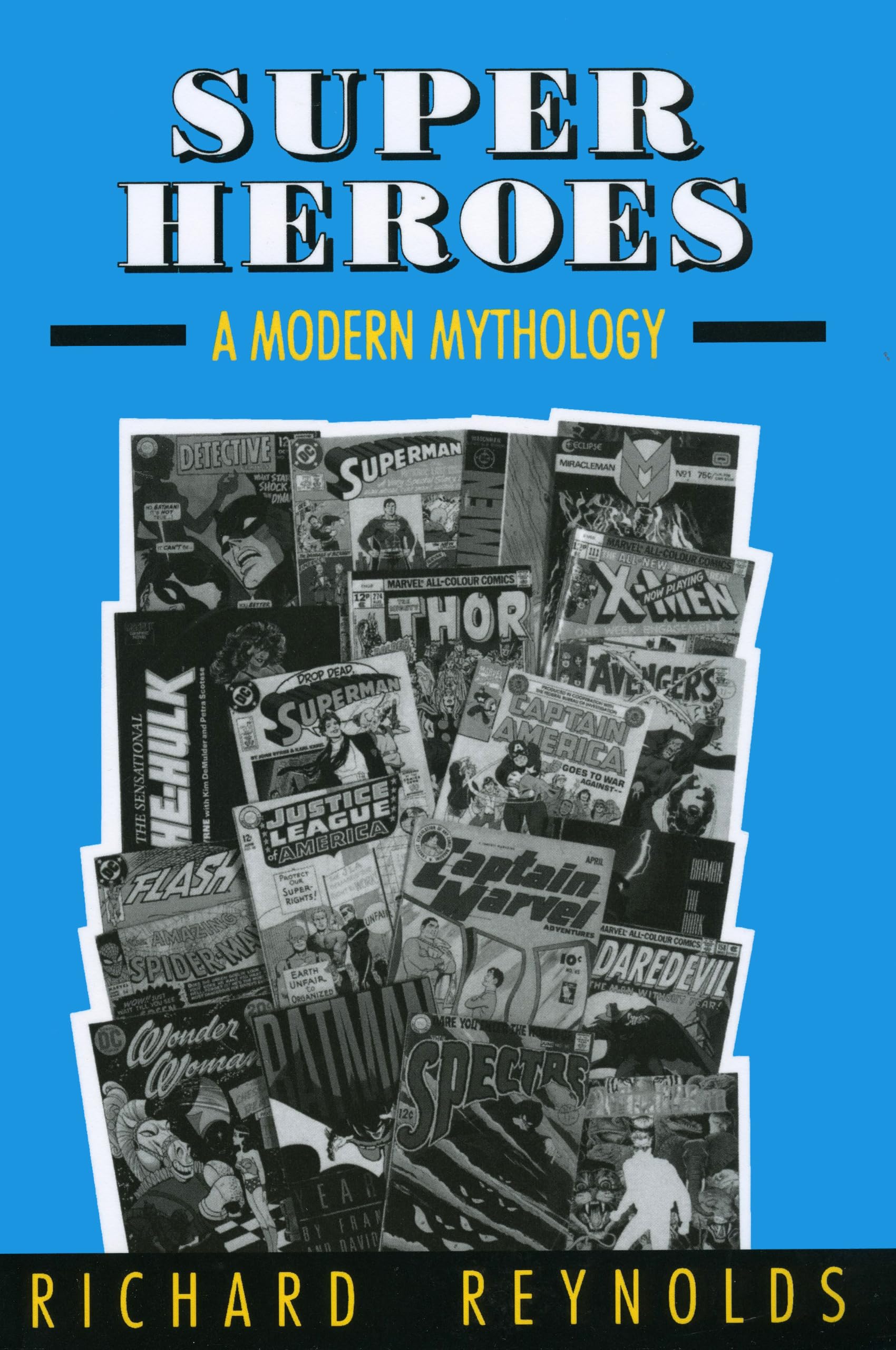
Year Created: 1992
Collection this Document is Affiliated with:
Description: In this book excerpt, author Richard Reynolds discusses the idea of the superhero and its emergence during the Great Depression. He talks about the superhero tradition and how popular comic book superheroes emerged during this period.
Categories of Documents:
Superman and the superhero emerged at the end of the Great Depression and rung the run-up to the outbreak of the European war. Millions of Americans had experienced poverty and unemployment, millions more had had their faith in the notion of uninterrupted economic progress seriously undermined. Avenging ‘Lone Wolf ’ heroes abounded in popular narrative of the 1930s and ‘40s on both sides of the Atlantic: from Doc Savage to Philip Marlowe, from Hannay in Hitchcock’s 39 Steps to the Green Hornet, from Rick Blaine in Casablanca to Captain Midnight of the radio serials. A new kind of popular hero had emerged: the self-reliant individualist who stand aloof from many of the humdrum concerns of society, yet is able to operate according to his own code of honour, to take on the world on his own terms, and win. For Americans, the historical path from Munich to Pearl Harbor coincides with the emergence of Superman and Captain America-solitary but socialized heroes, who engage in battle from time to time as proxies of the US foreign policy. A darker side of the Lone Wolf hero is embodied by Batman, a hero whose motivations and emotions are turned inward against the evils within society, and even the casual psychological roots of crime itself. The tension between these two veins in the superhero tradition remains to the present day.
Citation: Reynolds, Richard. Superheroes : a modern mythology / Richard Reynolds Batsford London 1992

